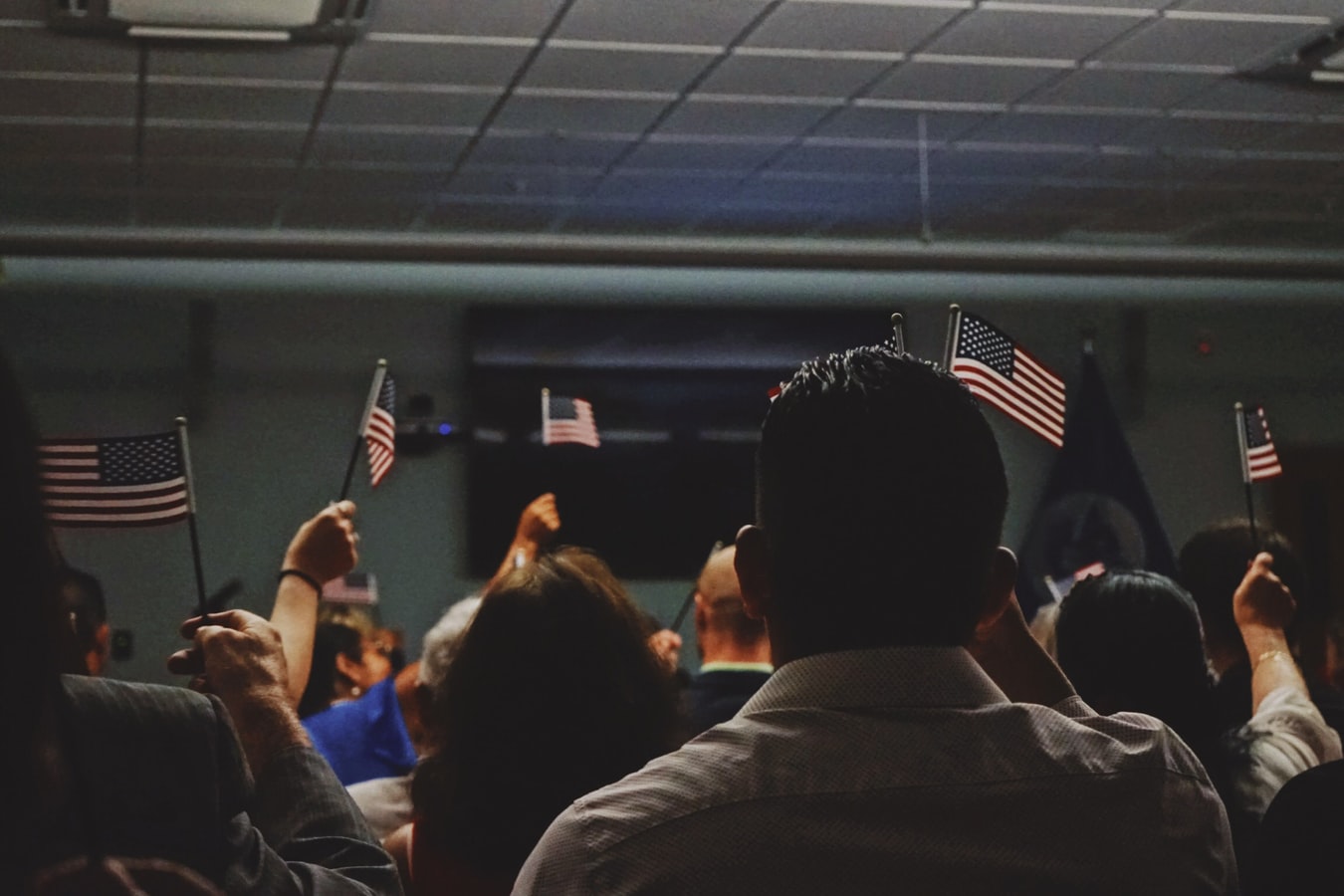Every day, we see targeted efforts to limit the rights, diminish the dignity, and harm the lives of immigrants, in particular immigrants of color. Throughout American history, immigration laws have been rooted in anti-blackness to privilege some immigrant communities over others, a deliberate strategy to define the demographic makeup of who gets to become a U.S. citizen.
Most immigrants and refugees today are people of color impacted, implicitly and explicitly, by anti-black systems of oppression built up over centuries in this country. In an effort to shed light on how advancing immigration justice simultaneously moves forward racial equity, on October 21, WRAG’s Racial Equity Working Group (REWG) convened a briefing and community dialogue between immigrant leaders, funders, and non-profit practitioners to explore philanthropy’s role in redistributing power and resources to amplify efforts on the ground.
Whether or not immigration is a funding priority, it is a crosscutting experience and issue central to all funders interested in creating a cohesive, just, and inclusive society. Jeanné Lewis from the National Committee for Responsive Philanthropy (NCRP) framed the briefing by sharing key findings from NCRP’s Movement Investment Project related to the funding of pro-immigrant movements. She then facilitated a conversation that uncovered some essential practices for philanthropy to be a supportive partner of the pro-immigrant and racial equity movements:
- Embracing an Intersectional Framework: The experiences of Black immigrant and refugee communities are largely absent from the dialogue and strategies of both immigrant rights funders and racial equity funders, leaving Black immigrants and Black-led immigrant organizations facing substantial barriers in securing resources. Something similar happens to Indigenous immigrants and Indigenous-led organizations. Gabrielle Jackson, Co-director of UndocuBlack Network, called on philanthropy to begin challenging dominant ideas regarding immigrants’ identities. She underscored the importance of embracing an intersectional framework that recognizes immigrants have multiple identities and can experience overlapping forms of discrimination.
- Providing Unrestricted Multiyear Funding to Immigrant-Led Organizations: Immigrants and people of color often experience lack of trust in their leadership. In philanthropy, this translates as concerns about the sustainability and structure of the organizations they manage, and their ability to track outcomes or deliver results. Darakshan Raja, Co-director of Justice for Muslims Collective, urged funders to not only unpack their biases about people of color, but also about what successful organizations and leadership styles look like. Building a strong organizational infrastructure and achieving policy wins takes many years and resources to achieve. Emerging immigrant-led organizations at the forefront of bringing important issues to the table but without a “proven track” record of results, traditional governance structures, and funding, can significantly benefit from flexible funding strategies that trust and value their expertise.
- Enhancing Integrated Supportive Services: Most philanthropy organizations provide funding for legal and policy organizations, but very few invest in integrated services for immigrants and refugees. Yet, immigrants and refugees require more than just legal support and have very few alternatives to obtain services that meet their needs. Hiwot Berihun, Legal Director of African Communities Together, stressed that philanthropy can play a critical role in channeling resources to support integrated legal services, in particular to facilitate access to mental health and healing justice programs.
- Building Capacity and Leveraging Networks: Organizations need capacity-building support in order to build infrastructure and develop more immigrant leaders. Besides financial resources, philanthropy can support immigrant and social justice advocates by providing technical assistance, opportunities for learning, networking, and leadership opportunities. Edgar Aranda-Yanoc, Senior Lead Organizer at Legal Aid Justice Center, asserted that philanthropy can send a powerful message just by standing together with immigrant organizations during marches and demonstrations.
- Shifting Narratives about Immigrant Communities: Negative stereotypes about immigrants are widespread and deep-rooted. Anti-immigration rhetoric portrays immigrants as rapists, violent criminals, terrorists, and murders. Julio Murillo, Government and Strategic Relations Specialist at CASA encouraged philanthropy to work towards centering the voices of immigrants to creating space for them to share their own story, and to shift the narrative about the value and contribution of immigrants. He also emphasized the importance of cooperation between communities, building cross-racial and ethnic alliances for immigrant rights and racial justice, and solidarity among people of color when organizing to advance policy change.
We hope REWG’s briefing and community dialogue spurs grantmakers in our region to explore ways to better support and integrate organizations advancing immigration justice and racial equity. We know that it takes commitment, collaboration, and innovation to put the recommendations above into practice, that we need to hold each other accountable to make them a reality, and that we need to move with urgency because the stakes are just too high if we do not act now.
Claudia Williams is Program Officer at Washington Area Women’s Foundation where she contributes to crafting and executing program strategy and manages the Young Women’s Initiative of Washington, DC. Claudia is also an active member of WRAG’s Racial Equity Working Group, and serves in the immigration subcommittee.


